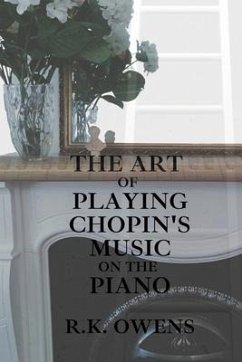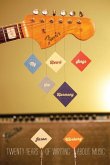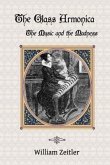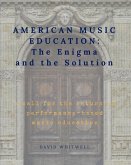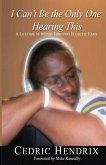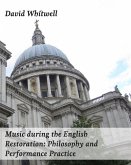Pianist and teacher R.K. Owens seeks to clear up myths and misconceptions as to the approach to playing Chopin's music on the piano, and to provide concert pianists, intermediate pianists, piano teachers and listeners alike with a clear understanding of how the pianist should approach playing Chopin's music on the piano. Topics that are covered are rubato, phrasing, articulation and pedalling among many other topics. This book seeks to bring the pianist and audience closer to Chopin's music and to approach his music in a unique way that befits a unique composer. This book seeks to bring back the subtle lost art of playing Chopin's music on the piano. The music of Frederic Francois Chopin is synonymous with the piano. The music of the sickly Pole has retained a unique position among the great composers, as nearly all of his poignant and beautiful music remains in the repertoire of pianists and is constantly played and enjoyed today. He was unique in that almost all of his output was for the solo piano and in compositions that featured other instruments, they tend to play a supporting role to the piano. But despite his unique position as the poet of the piano, there has been surprisingly little study as to the role that the piano, as an instrument in its own right, plays in shaping Chopin's compositions. Chopin composed with a keen understanding of the special qualities that make the piano unique and the king of musical instruments. Not only did he compose music in which the piano could shine, he showed us the breadth of music that was capable of being expressed on the newly developed solo instrument. The compositions reflect the qualities of the piano and the piano in turn brings out the beauty of the musical ideas expressed in the composition. In a world where the pianist must practice lengthy hours and play all of the repertoire from the Renaissance Era to the 21st Century, the art and aesthetic of playing Chopin's music, and its uniqueness to the piano, can be lost in the noise.

